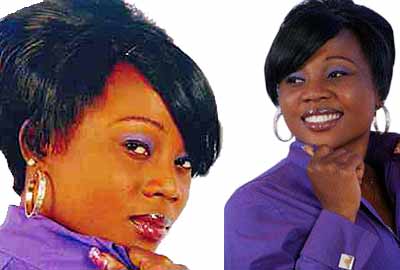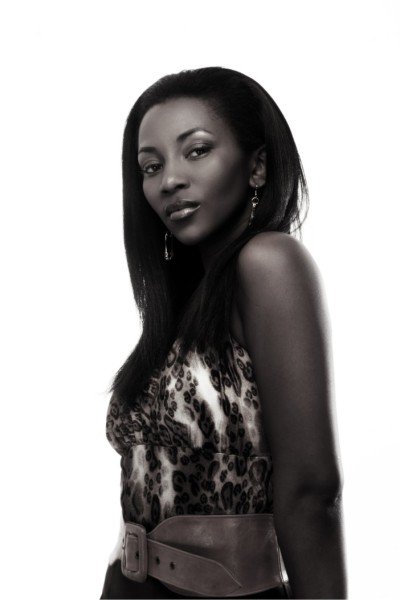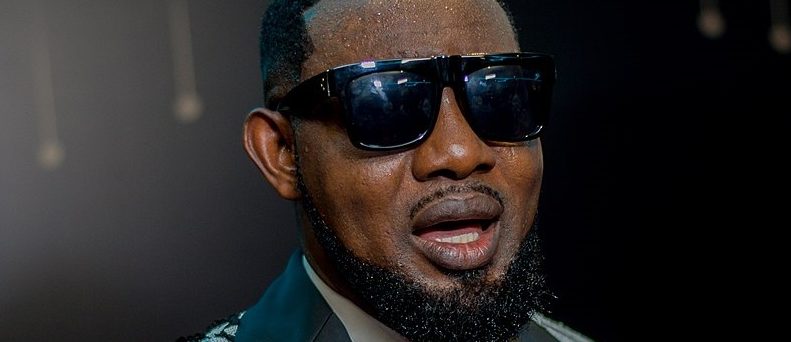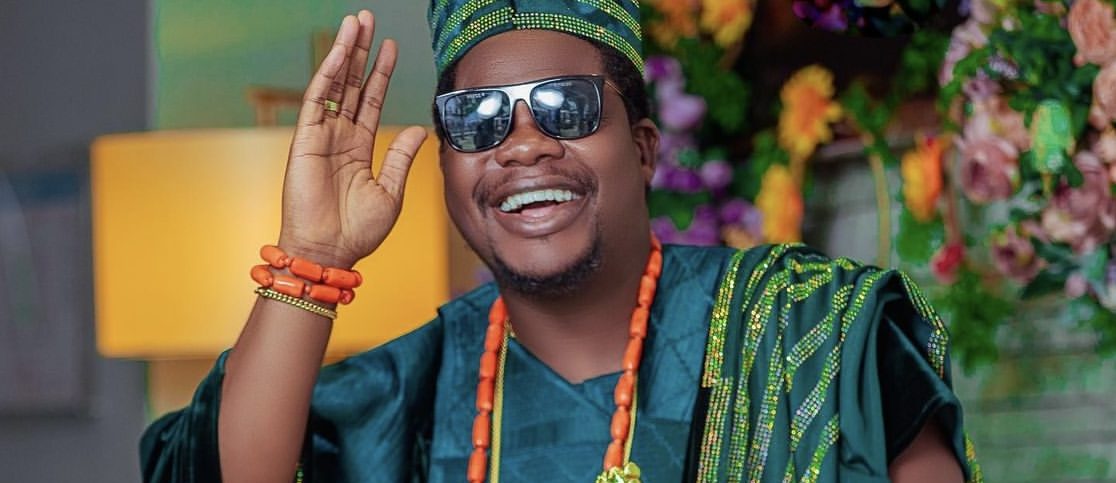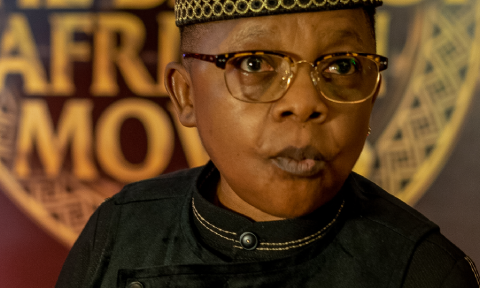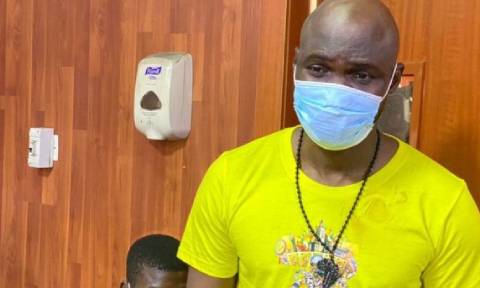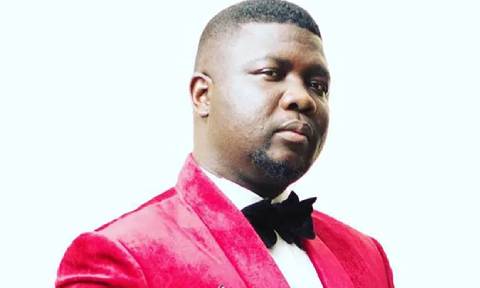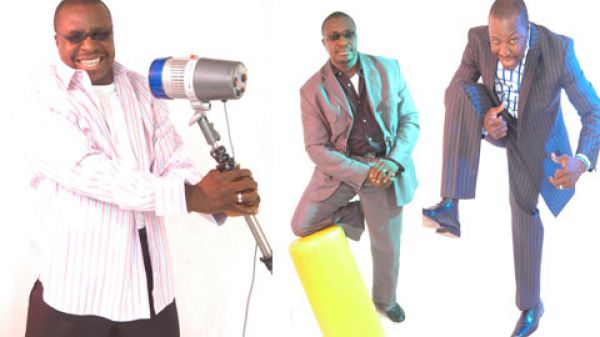
Alleluia Atunyota Akpoborome (also known as Ali Baba) could be regarded as the doyen of Nigeria’s stand-up comedy in an industry that has grown bigger over the years. His exploits and success have been a source of inspiration to many other would be comedians. He speaks with ADUNOLA FASUYI on his life, comedy and other issues. Excerpts:
No doubt, you re-invented comedy in Nigeria. You are regarded as the leader of stand-up comedy and today, many Nigerian youths can say they are comedians owing to your influence. Tell us how you made it particularly at a time comedians were regarded as nonentities?
I tried to work in an organisation, DP Lekki, back then, but it was a futile effort. My salary was N1,500 for a whole month, but I was already earning between N5,000 and N10,000 per show.
So I left. Growing the business called for sacrifice, when you knew you could do with N2000 but insisted on being paid N10,000, and the client walked away leaving you with nothing.
Determination helped me build my career to this height. People tried to take advantage of me and they in fact did. Performing without payment just to prove I could do it, or to sell myself to not just a larger market, but a paying one. But we thank the Lord!
How would you describe the journey so far for you?
It was challenging. Especially trying to make people appreciate the act as a service and not just a talent. Till date, some still say, is it not just to make people laugh? But on the whole, its been rewarding.
Did you go through any formal training as a professional comedian? What qualities does it take to be a good and successful comedian?
No. On the contrary, I got into the business by accident. I was into my Religious Studies & Philosophy when I stumbled on it. It takes a lot to be a comedian. And a whole lots more to be a good one.
Do you think stand up comedy requires any formal training or for would- be comedians to go through tutorials under veterans like you?
Yes. Which was why it was hard for early comedians like Yibo Koko, Tee A, Alam Bloo and the likes. This set had no precedence to learn from. So, we made the rules, adjusted as we got on to suit the trends and discarded those rules that made no sense.
Besides the talent, comedians needed to know the ropes of negotiation, timing of a joke, audience reading, client behaviour, networking, mode of payment, discounts and, most importantly, how to make jokes at the drop of a hat.
Since its a profession that requires creativity and sense of humour, do you see yourself retiring from the business completely in the future?
No. Bill Cosby is still doing his thing. That’s the beauty of comedy. It’s like Law. You get better with age. Unlike sports, retirement may not be the word. Maybe you should say I might just reduce the number of events and diversify my energy and talents in other areas that don’t take so much of my time
Can you ever run out of jokes? Or have you been short of jokes before at a show?
It’s hard to run out of jokes if you are a thorough-bred comedian. Jokes emanate from the event, past experiences, reading materials, observations, total recall, comparison, etc. Your ability to milk out every drop of laughter is the key to not running out of jokes.
Today, comedians are making it big and very proud of the profession courtesy Ali Baba. But in those days of Baba Sala and the rest, comedians didn’t make it like now. What would you say was missing then?
The appreciation level was low or nonexistent in some cases. Priorities change. Time was in this country when teachers were the best paid people. Now that has changed, sadly. What went wrong? Nothing. It was not just the right time.
Besides, when Mohammed Danjuma of blessed memory and I started out, we were not just comedians, we were providing service. That’s what people paid us for. The value you brought to an event, though not tangible, makes a great deal of difference. So, it would be right to say we packaged our brand of comedy in line with the times and demands of the events.
You have performed for presidents, state governors and high profile personalities and yabbed them to their faces in your shows, particularly, former President Obasanjo. The first time you did it, how did you feel? Were you scared of being arrested?
No. There is a thin line between being funny and being offensive. Walking the line takes skills, experience, ability to read the audience and the relevance of the show also counts. Obasanjo was not just a president, he is a man with a resounding sense of humour, enough to put some comedians out of work. He can take as much as he can give. Unknown to many, most of the things I said about him were after I had told him in person.
Have you ever been arrested, harassed or threatened in the course of doing comedy before?
Never. Maybe harassed is not the word, let’s just say someone may have felt offended. But I put them back in their places. I’m a comedian in the first place, so whatover I say is not supposed to be taken seriously. Sadly, what politicians say are taken seriously and a comedian’s joke is a statement of fact!
A guy who had thoroughly laughed at all the jokes I did on the Yoruba and Hausa people had the guts to tell me to stop doing jokes on the Igbo. So, I went back to the microphone and I pointed him out and asked how he felt when he laughed at jokes on other tribes?
Do you think you would have done same in a military era?
Of course. How else can a military era be other than that of IBB and Abacha’s? I survived it all. Although, it must be said that democracy gave comedy wings. But what is funny is funny, military or civilian.
Which was your most challenging show? Tell us about your most embarrassing moment if any?
I can’t remember. Because a show may look like it would be challenging, but as soon as you get into the flow, its cool running. Embarrassing moments? Why should I tell you?
Your happiest moment?
Too many to remember. But driving pass Bar Beach and NTA gives me great thrills. To think I used to live at that beach and trek from NTA to Palmgrove.
If you had not been a comedian, what other things would you have been?
Broadcaster, public relations expert, writer, footballer, sprinter, copywriter and maybe, a journalist.
Despite your tight schedule, do you make out time to relax? How do you relax and spend your weekends?
Play football, swim, ride my bicycles, watch movies, read a good book, go clubbing or visit friends.
As Nigeria celebrates 50th independence anniversary, what word of advice do you have for Nigerian youths out there?
The youth should call up all their hidden talents. Even handicaps or people with disabilities are doing great things. A full-bodied man wants to be spoon fed! That is wrong and should stop. As we start another decade in the history of our country, I charge our youths to seek, know and explore their God-given talents for their personal good and the good of the nation.
